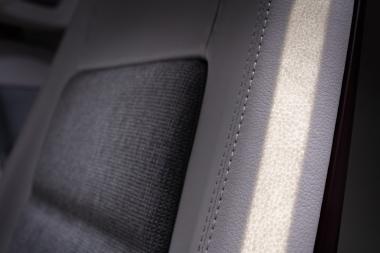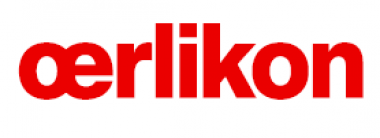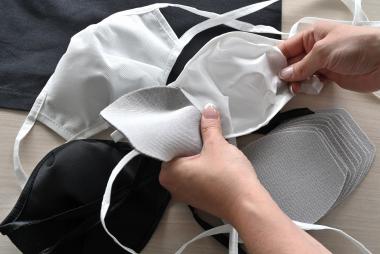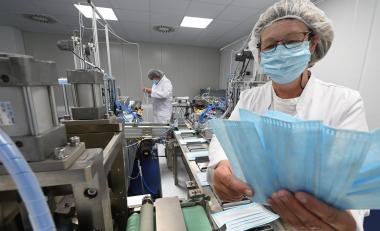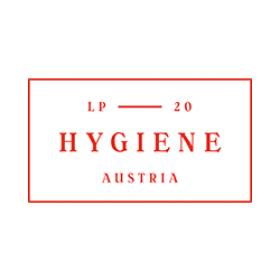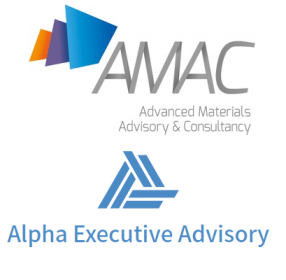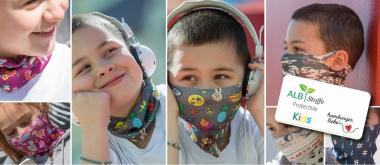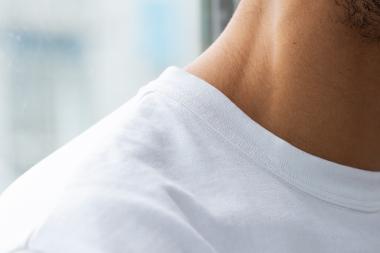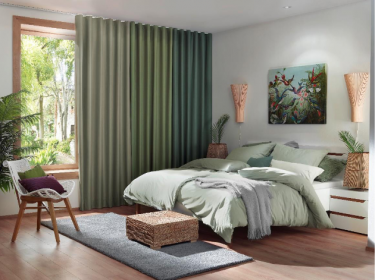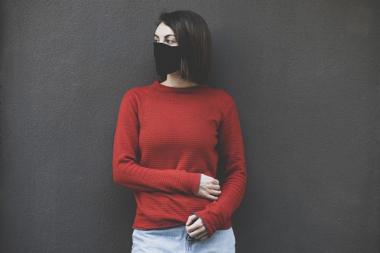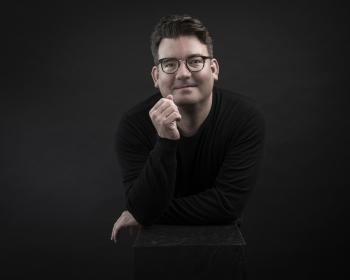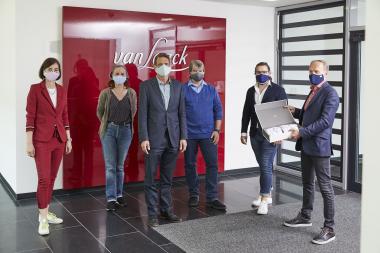Covestro: Hohe Qualität, geringe Umweltbelastung und individuelle Gestaltung
Innovatives Kunstleder dank INSQIN® Technologie
Noch vor wenigen Jahren wurde mit dem Hinweis auf eine „Vollleder-Ausstattung“ auf die Hochwertigkeit eines Fahrzeuges hingewiesen und Echtleder war Ausdruck von Qualität und Extravaganz. Inzwischen hat sich dieses Bild jedoch gewandelt: Heutige Kunden achten bei ihren Kaufentscheidungen verstärkt auf nachhaltige Produkte mit möglichst geringem CO2¬-Fußabdruck. Weitere wichtige Produktmerkmale sind Qualität und Langlebigkeit. Sie spielen vor allem eine Rolle in viel genutzten Fahrzeugen der sich etablierenden Carsharing-Dienste. Anbieter dieser Services sind an einer langen Betriebszeit ihrer Flotte interessiert und legen zudem Wert auf einen geringen Pflegeaufwand ihrer Fahrzeuge.
Covestro entwickelte seine wässrige INSQIN® Technologie für eine nachhaltige, effiziente und dauerhafte Polyurethanbeschichtung von Textilien sowie die Herstellung von hochwertigem Kunstleder, auch und vor allem für den Autoinnenraum.
Umweltverträglich und langlebig
Herkömmliches Kunstleder wird oft unter Verwendung von organischen Lösemitteln produziert. Schon seit Jahren soll die Emission solcher volatile organic compounds, kurz VOCs, gesenkt werden. Covestro setzt deshalb auf eine wässrige Beschichtungstechnologie, die ohne Lösemittel auskommt. Durch die effiziente Technologie wird im Vergleich zum bisherigen lösemittelbasierten Koagulationsprozess nicht nur bis zu 95 Prozent Wasser und bis zu 50 Prozent Energie eingespart, der Fahrzeuginnenraum wird auch deutlich weniger durch VOC-Emissionen belastet.
Als Alternative zu Tierleder bieten INSQIN® Produkte gleich mehrere Vorteile: Durch ihr geringeres Gewicht erhöhen sie die Effizienz eines Fahrzeuges und senken somit seinen Kraftstoff- oder Stromverbrauch. Durch moderne Herstellungsverfahren sind sie langlebig, nachhaltig und recycelbar.
Innovative Materialien für Premium-Ansprüche
In der Textilbeschichtung konnten sich INSQIN® Produkte bereits etablieren und in vielen Anwendungsbereichen überzeugen. Im Fahrzeuginnenraum bieten sie nun die Möglichkeit, Oberflächen völlig neu zu gestalten und zu nutzen. Davon profitieren Designer ebenso wie Fahrzeugnutzer, denn Farbe, Haptik und Lichtdurchlässigkeit von Oberflächen lassen sich individuell einstellen. Da selbst bei dunklen Farbtönen transluzente Effekte erzielt werden können, lassen sich Kontrollleuchten oder Taster einfach unter der Oberfläche anbringen – ein Blick oder Knopfdruck wird hier zum Erlebnis.
Covestro





